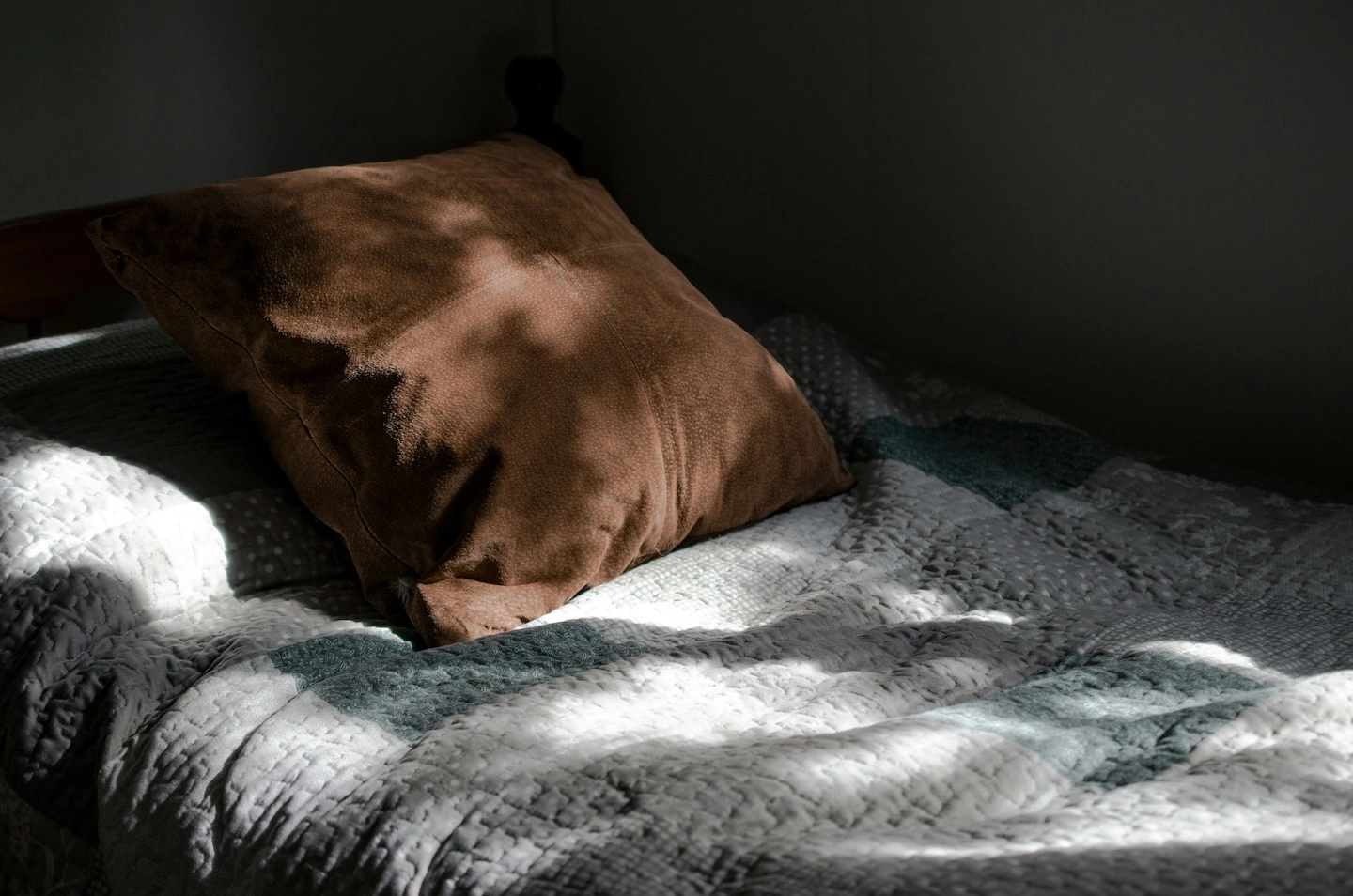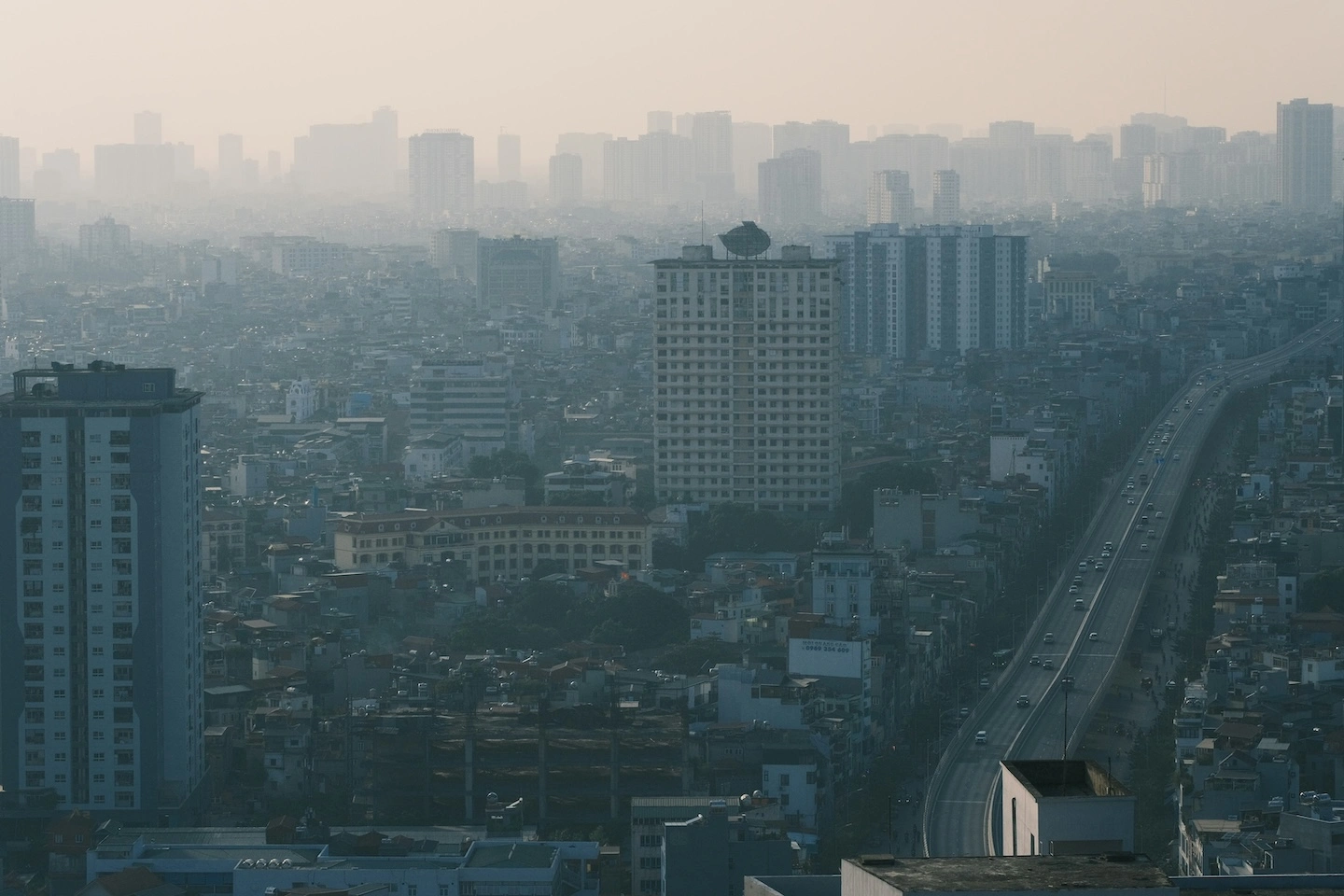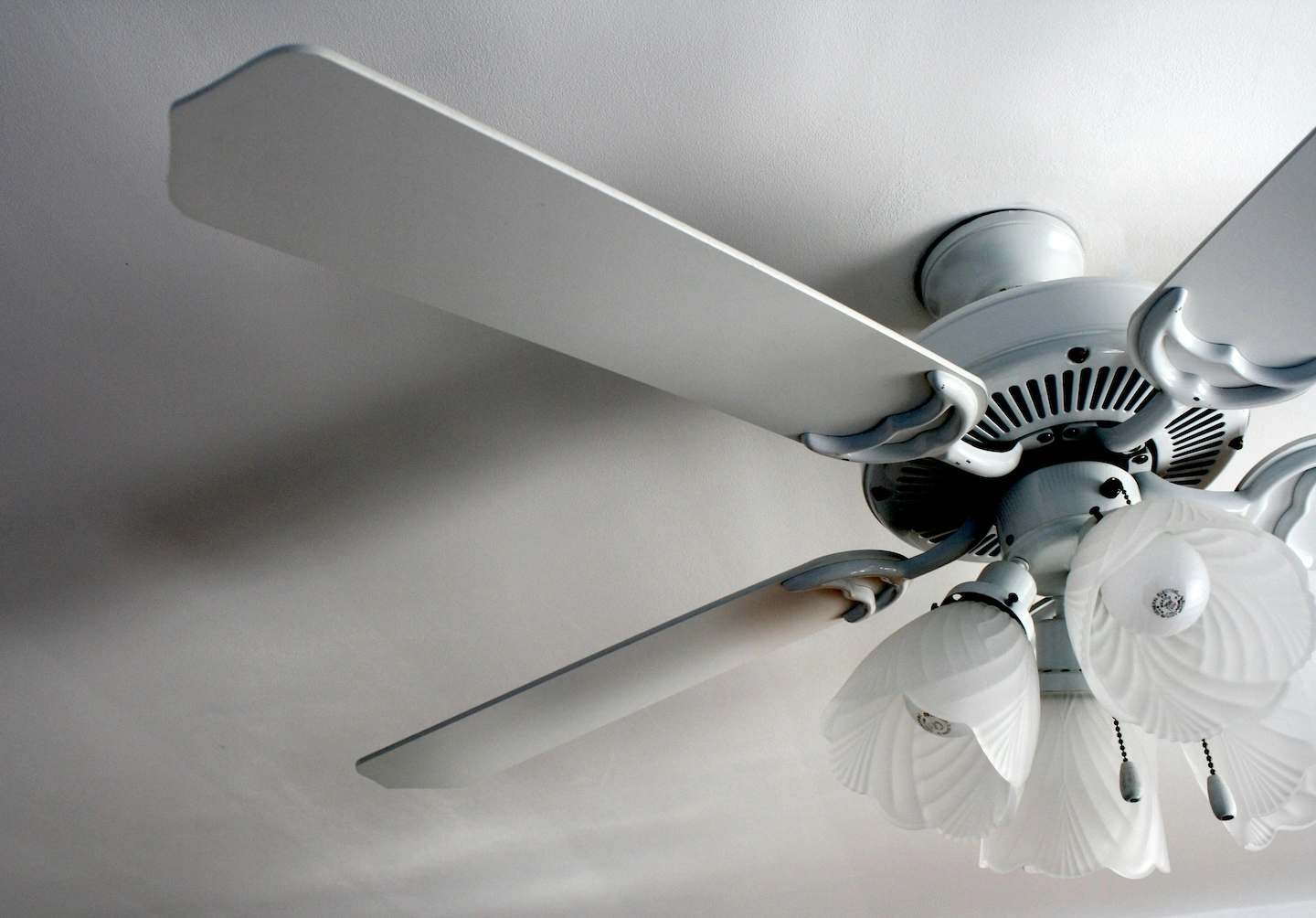Image provided by Deconovo via Unsplash.
TL;DR: Poor air quality is linked to numerous health problems and may also be interfering with how well we sleep. Pollutants like PM2.5 and NO2 can trigger respiratory issues and even affect the brain, disrupting sleep patterns and reducing overall sleep quality. Heat from global warming adds another layer of stress on sleep by interfering with the body’s natural cooling process. Taking steps like monitoring air quality, using air filters, and supporting pollution-reducing policies can help protect both sleep and public health.
Air pollution can have serious consequences for public health. It is associated with asthma, lung cancer, heart diseases, Alzheimer’s disease, a variety of psychological conditions, and even impaired fetal development. Air pollution is linked to roughly 7 million premature deaths every year.
Air pollution does not only affect you while you are awake. Poor air quality can also interfere with sleep. Since 99% of the global population breathes air that does not meet the World Health Organization (WHO) air pollution guidelines, it is worth examining how poor air quality’s effects are compounded by its relationship to sleep deprivation.
The importance of sleep
Adults need about seven to eight hours of sleep per night. While some people can get away with less, they are a very small percentage of the population. The number of hours you sleep per night, as well as the quality of that sleep, can greatly impact your health. Poor sleep has been linked to heart disease, cancer, stroke, brain aneurysms, increased accidents, diabetes, sepsis, and high blood pressure.

Poor sleep can also affect your ability to concentrate, remember, and make decisions. It reduces your reaction time and makes you more likely to experience extreme emotions. It has been linked to alzheimer’s disease and lowered immune systems.
Good sleep can reduce sickness, stress, and the likelihood of getting into a car crash. It can promote improved mood, strong attention and memory, heart health, and improved metabolism. Good sleep promotes healthy growth, learning, and reduces your likelihood of experiencing certain chronic diseases.
Unfortunately, roughly 50 to 70 million Americans suffer from chronic or ongoing sleep disorders. Roughly 1 in 3 adults in the U.S. report not getting enough sleep every day, and it is possible that air pollution plays a role in these numbers.
How air pollution affects sleep
Air pollution negatively impacts sleep. It can lead to shorter and even lower-quality sleep. Many air pollutants, such as particulate matter (PM), nitrogen dioxide (NO2), and ozone (O3), can contribute to respiratory problems, which can disrupt a night’s rest. These respiratory problems include increased rates of inflammation, edema, or irritation in the upper respiratory tract. Air pollution can also contribute to inflammation in the epithelial cells of the inner part of the nose. Pollutants can additionally increase wheezing, snoring, obstructive sleep apnea, and chronic rhinosinusitis.

Air pollution can affect sleep in non-respiratory-related ways as well. Fine particulate matter (PM2.5) and nitrogen dioxide can directly enter the central nervous system, where they can cause both neurotoxicity and neuroinflammation. They can cause neurotoxicity in the brain, which can potentially lead to cognitive impairment over time. These air pollutants affect both the regions of the body that regulate sleep.
Dr Junxin Li, from the Johns Hopkins University School of Nursing, speculated that if PM2.5 air pollution along busy London roads, for instance, were reduced to World Health Organization guidelines, the likelihood of poor sleep in middle-aged and older adults could be trimmed by roughly 1 in 10. Another study found that high levels of NO2 increased the odds of having low sleep efficiency by nearly 60% and high levels of PM2.5 increased these odds by nearly 50%.

Air pollution may not impact everyone’s sleep equally. A study in Wuhan, China, found that, while higher levels of air pollution exposure could increase the prevalence of sleep disorders for all adults, middle-aged, elderly populations, and rural residents were more likely to be affected.
How global warming affects sleep
Many air pollutants also contribute to global warming. Pollutants, such as carbon dioxide, ground-level ozone, and black carbon, contribute to global warming directly, whereas other air pollutants, such as nitrogen dioxide and carbon monoxide, contribute indirectly. Global warming, in turn, can lead to higher temperatures in many parts of the world.

Higher temperatures disrupt sleep. When the body is preparing for a night’s rest, it cools down and remains cool until near waking time. Higher temperatures can affect this circadian thermoregulation and disrupt normal sleep physiology. A study found that every +1°C deviation in nighttime temperatures resulted in an increase of roughly three nights of insufficient sleep for every 100 people per month. The largest effects were observed over the summer among both lower-income and elderly people in the study.
What can be done?
When ambient air quality is poor, there are certain precautions that you can take to protect yourself and ensure a better chance at having a good night’s rest. Close windows to make sure that ambient air pollution does not seep into your home, unless the hot temperatures make it unsafe to do so. If you have an air conditioning system, run it on the recirculate setting. If possible, consider buying an air filter to clean the air in your home.
Be sure to check your local Air Quality Index to determine if extra precautions are necessary. Reliable local AQI can be found on Clarity’s OpenMap and AirNow’s Fire and Smoke Map.
If the air pollution source is indoors, from a fire or an inefficient stove, for instance, try to neutralize it by using cleaner fuels such as electricity or natural gas. Increasing ventilation and using an air filter can also help.
Looking forward
Although precautions can help protect against poor air quality, it is important to take stronger measures to reduce air pollution overall. Initiatives such as improved public transportation, Low Emission Zones (LEZs), and proper regulation can all lower air pollution and protect public health and the environment.

In order to fix the issue of poor air quality, we must first understand it. Reliable air quality monitoring can allow change makers to understand the scope of the problem, identify pollution hotspots, and understand the effectiveness of mitigation strategies. Partner with Clarity to create your own air quality network.
